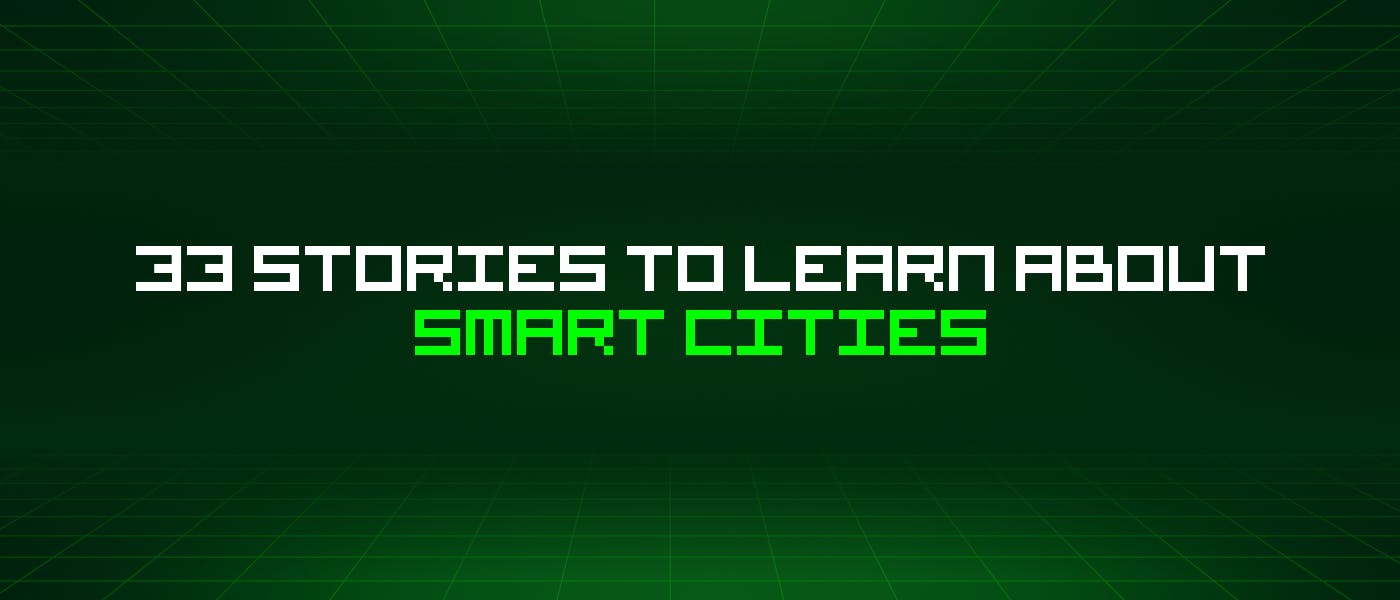Let's learn about Smart Cities via these 33 free stories. They are ordered by most time reading created on HackerNoon. Visit the /Learn Repo to find the most read stories about any technology.
1. How Smart are our Homes Getting?
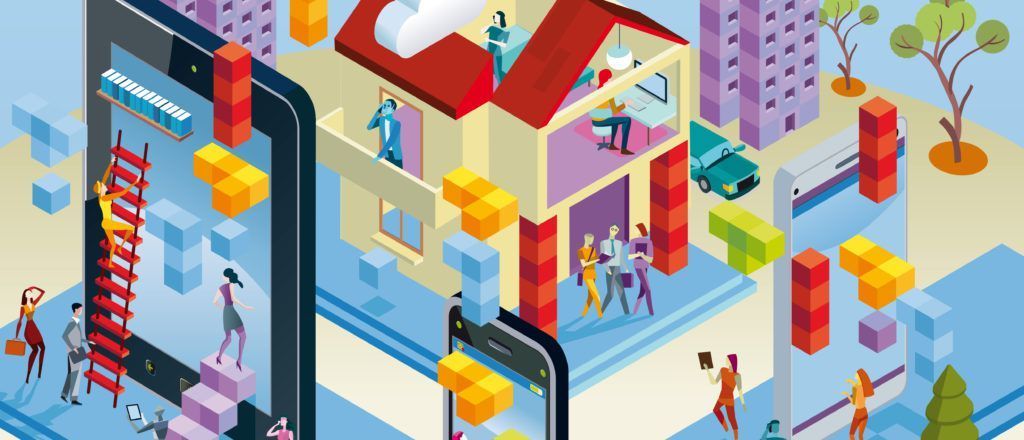 Smart spaces will become an essential part of our lives, he says. Smart homes are changing our lives in the same way as wearable devices.
Smart spaces will become an essential part of our lives, he says. Smart homes are changing our lives in the same way as wearable devices.
2. Micro Electric Vehicles and their Massive Advantages Over Standard EVs
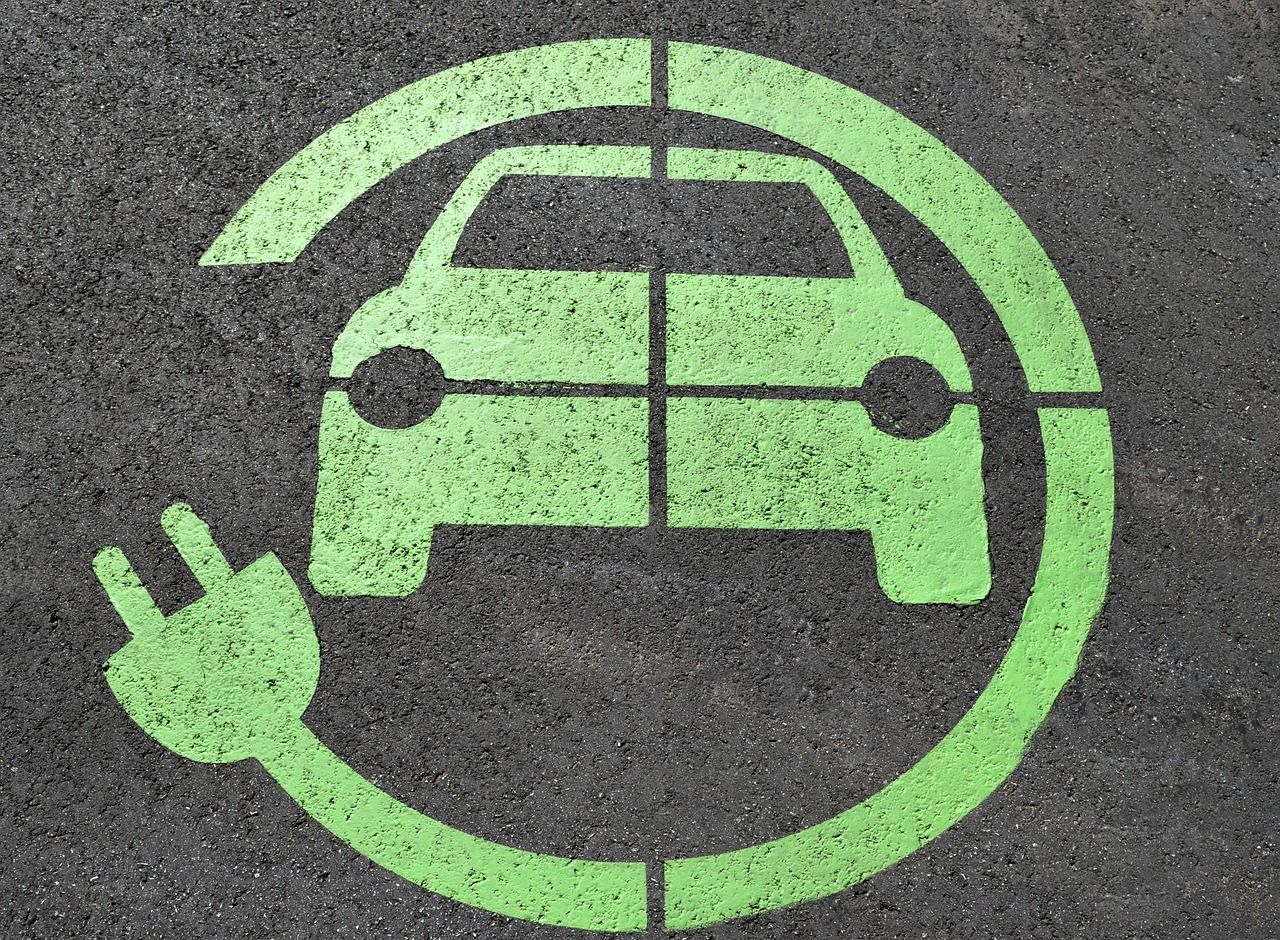 Companies around the world are developing smaller, more efficient electric cars that provide solutions to growing concerns within the standard EV market.
Companies around the world are developing smaller, more efficient electric cars that provide solutions to growing concerns within the standard EV market.
3. Smart Trains: A Long Journey to Transportation Revolution
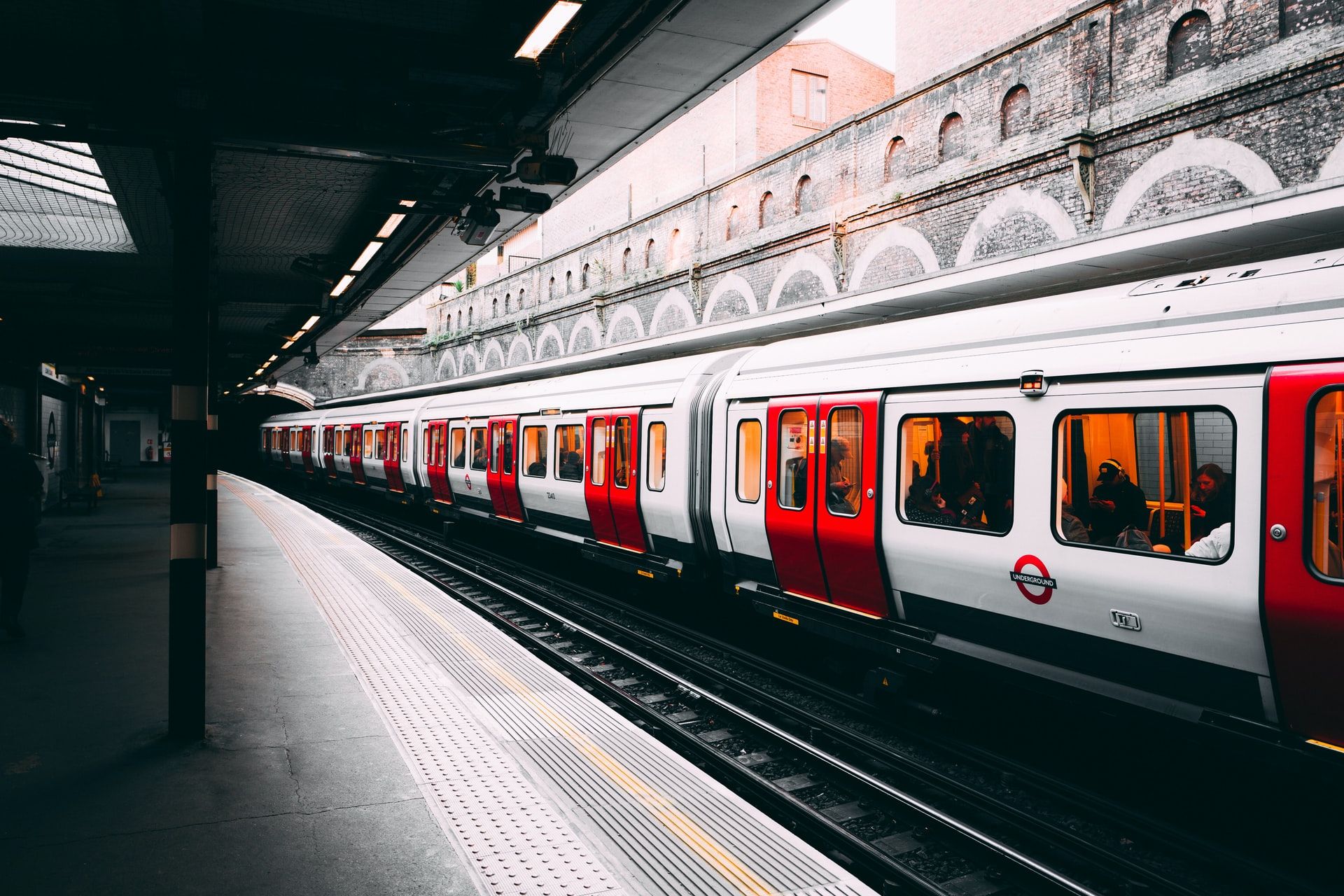 Smart cars might be the future, but what about high-speed smart trains?
Smart cars might be the future, but what about high-speed smart trains?
4. 5 Reasons Our Cities Are Not Full of Autonomously Flying Drones (Yet!)
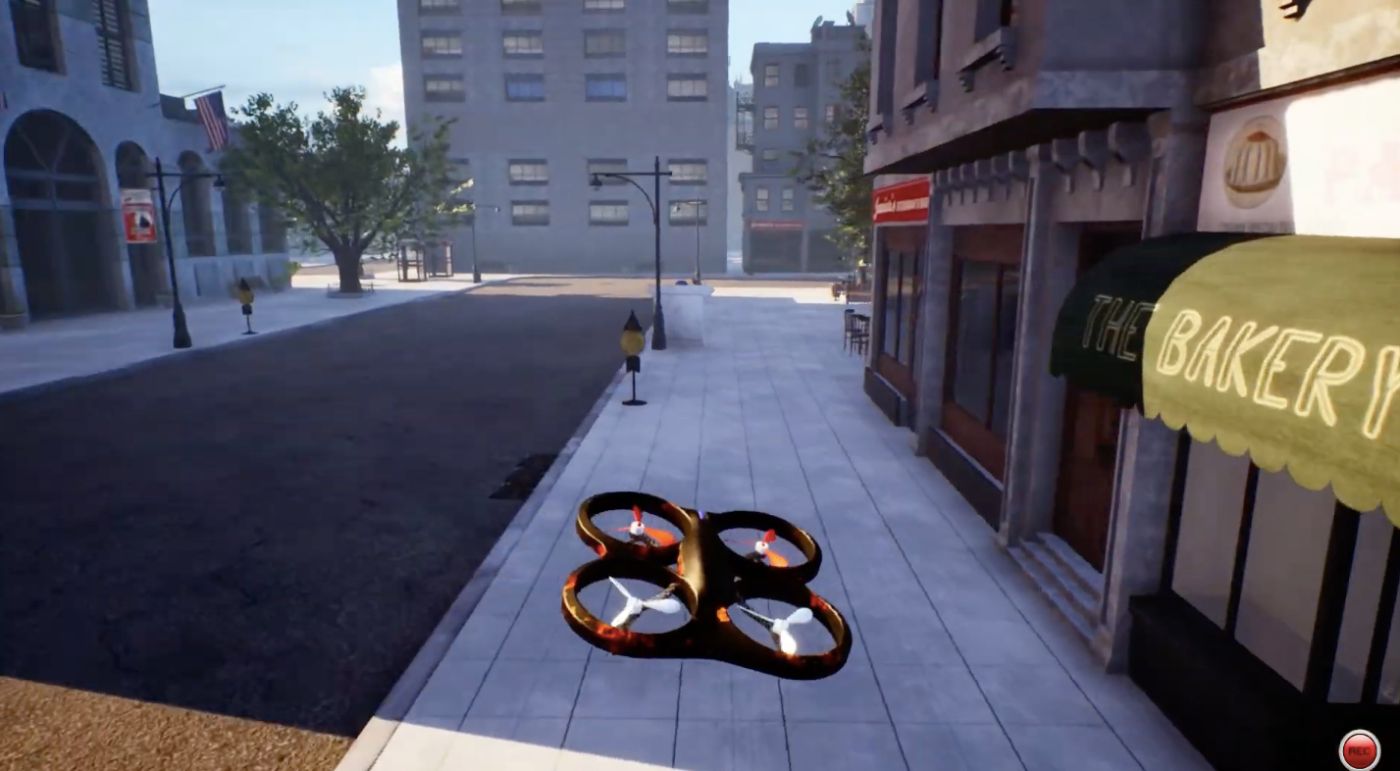 We are slowly but surely moving towards a world where autonomous drones will play a major role. In this article, I will show you what stopes them today.
We are slowly but surely moving towards a world where autonomous drones will play a major role. In this article, I will show you what stopes them today.
5. Building a Smart City with Smart Transportation Systems
 To achieve the smart cities of the future, government officials need to develop smart infrastructure to increase road and passenger safety.
To achieve the smart cities of the future, government officials need to develop smart infrastructure to increase road and passenger safety.
6. 5 Intriguing Applications of Computer Vision in Smart Cities
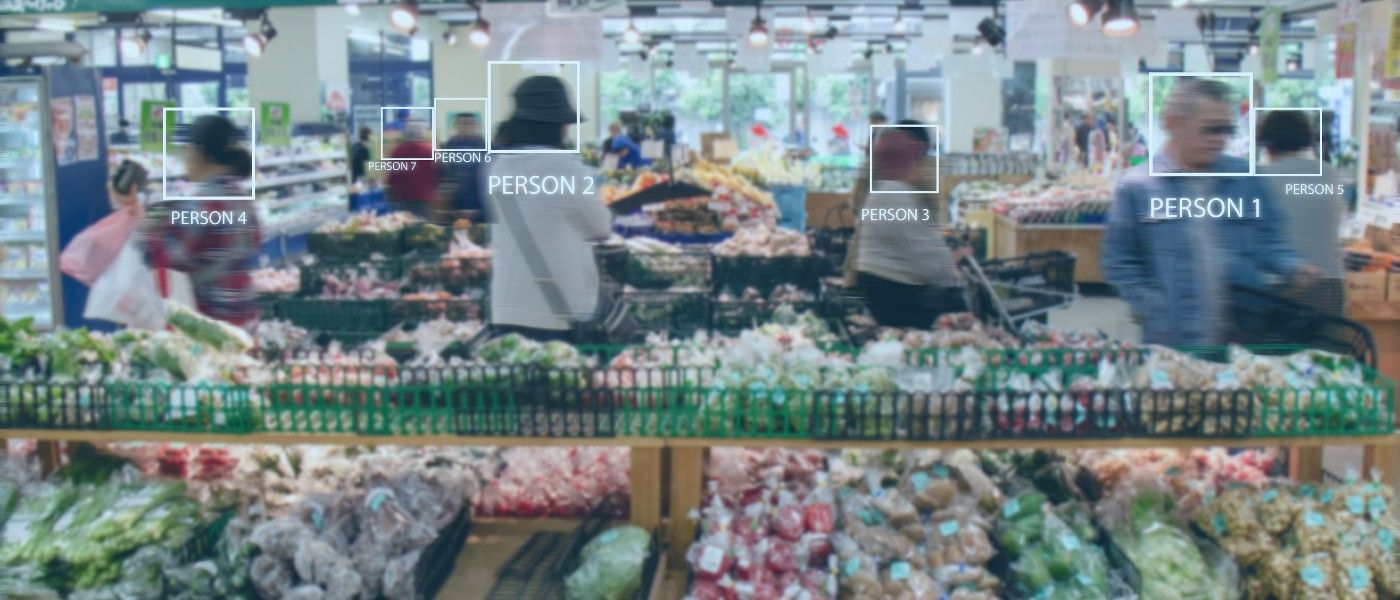 Computer vision will radically change smart technology. Here are five ways it's already impacting smart cities.
Computer vision will radically change smart technology. Here are five ways it's already impacting smart cities.
7. How Technology Can Help Make Sustainable Cities
 As the global population continues to grow exponentially, the number of people living in urban areas is growing the fastest. With over 50% of the world’s population currently living in major cities, and an anticipated 2.4 billion more over the next 30 years, the term ‘megacity’ has been created to describe the urban metropolises of the future.
As the global population continues to grow exponentially, the number of people living in urban areas is growing the fastest. With over 50% of the world’s population currently living in major cities, and an anticipated 2.4 billion more over the next 30 years, the term ‘megacity’ has been created to describe the urban metropolises of the future.
8. We Will Soon Enter the 5G Revolution
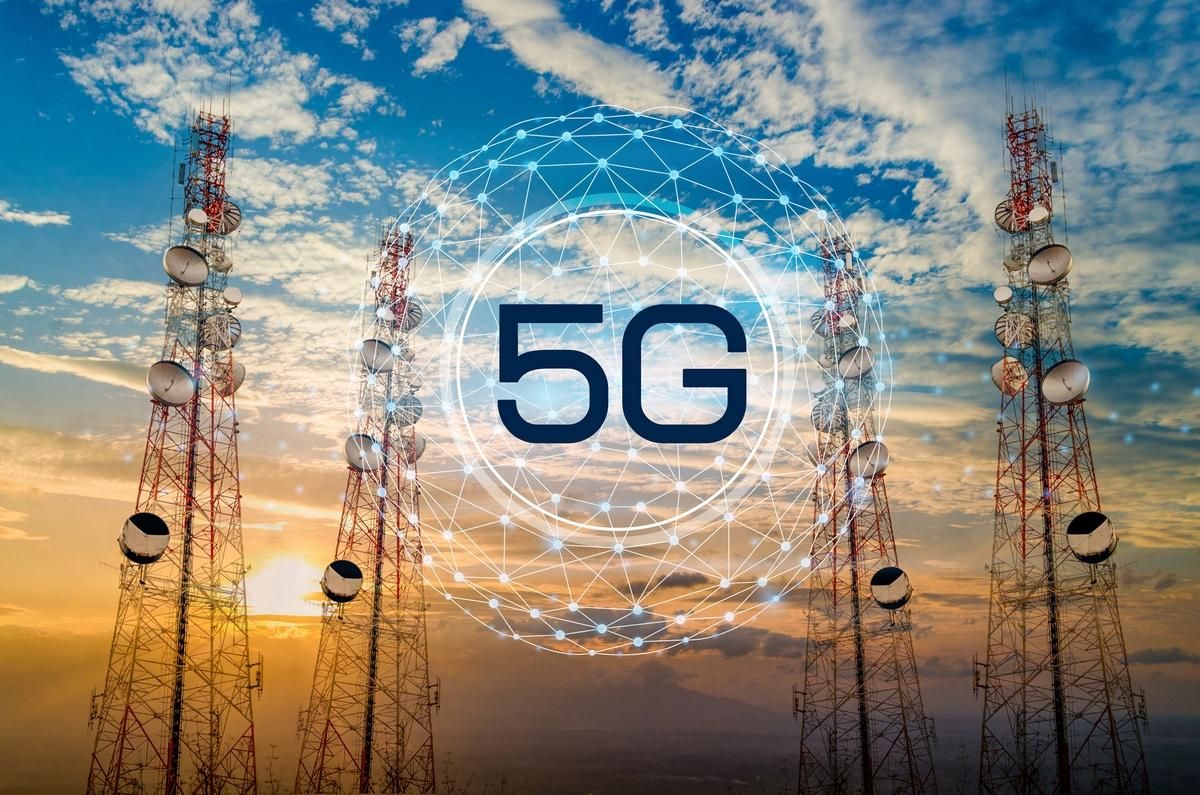 Since 2009, 4G has been an essential technology in our hyperconnected world, enabling our handsets to consume and produce multimedia, browse the majority of internet web sites, and run awesome apps. But these features have been evolving towards more and more data consumption rates, because hardware resources like CPU, memory and screens allowed them to process large amounts of data.
Since 2009, 4G has been an essential technology in our hyperconnected world, enabling our handsets to consume and produce multimedia, browse the majority of internet web sites, and run awesome apps. But these features have been evolving towards more and more data consumption rates, because hardware resources like CPU, memory and screens allowed them to process large amounts of data.
9. Smart Cities Raise Data Privacy Concerns
 Should you be excited about smart cities or concerned about your privacy and data? I go through three of the ten privacy principles (PIPEDA) and their effects.
Should you be excited about smart cities or concerned about your privacy and data? I go through three of the ten privacy principles (PIPEDA) and their effects.
10. Using IoT to Solve Housing Problems and Improve Safety
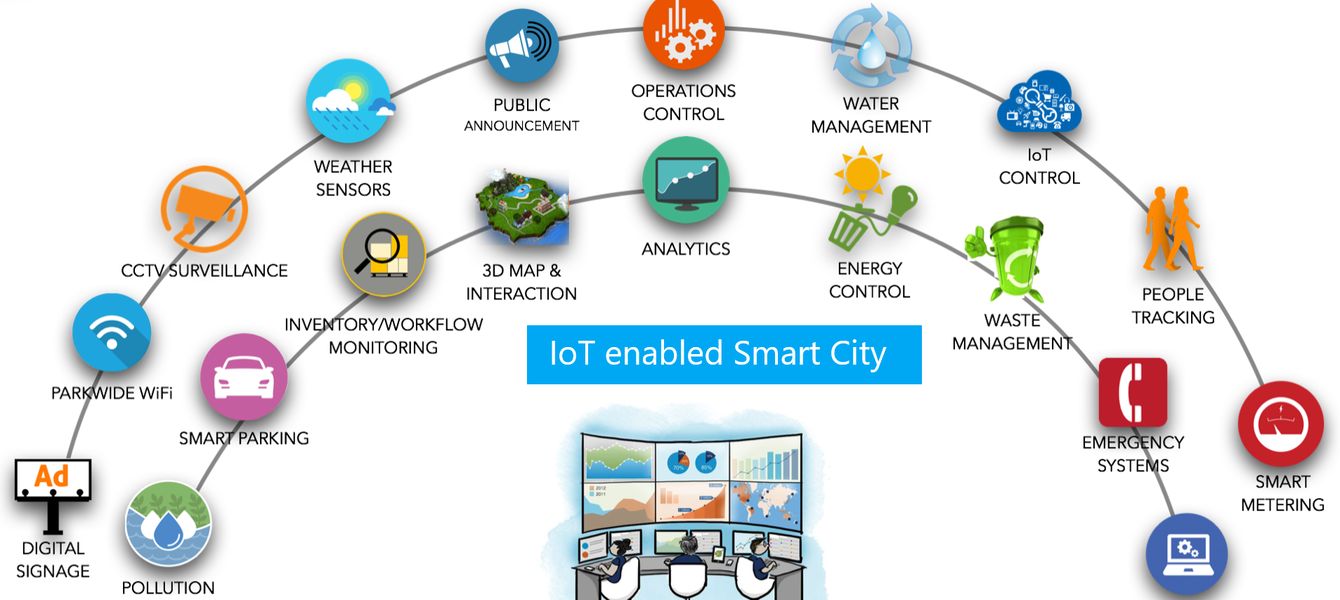 IoT can help manage air quality and emissions at industrial sites, improve control over electricity, water, and heat meters, and more.
IoT can help manage air quality and emissions at industrial sites, improve control over electricity, water, and heat meters, and more.
11. What AI Advancements Will Mean for Our Daily Lives in 2021
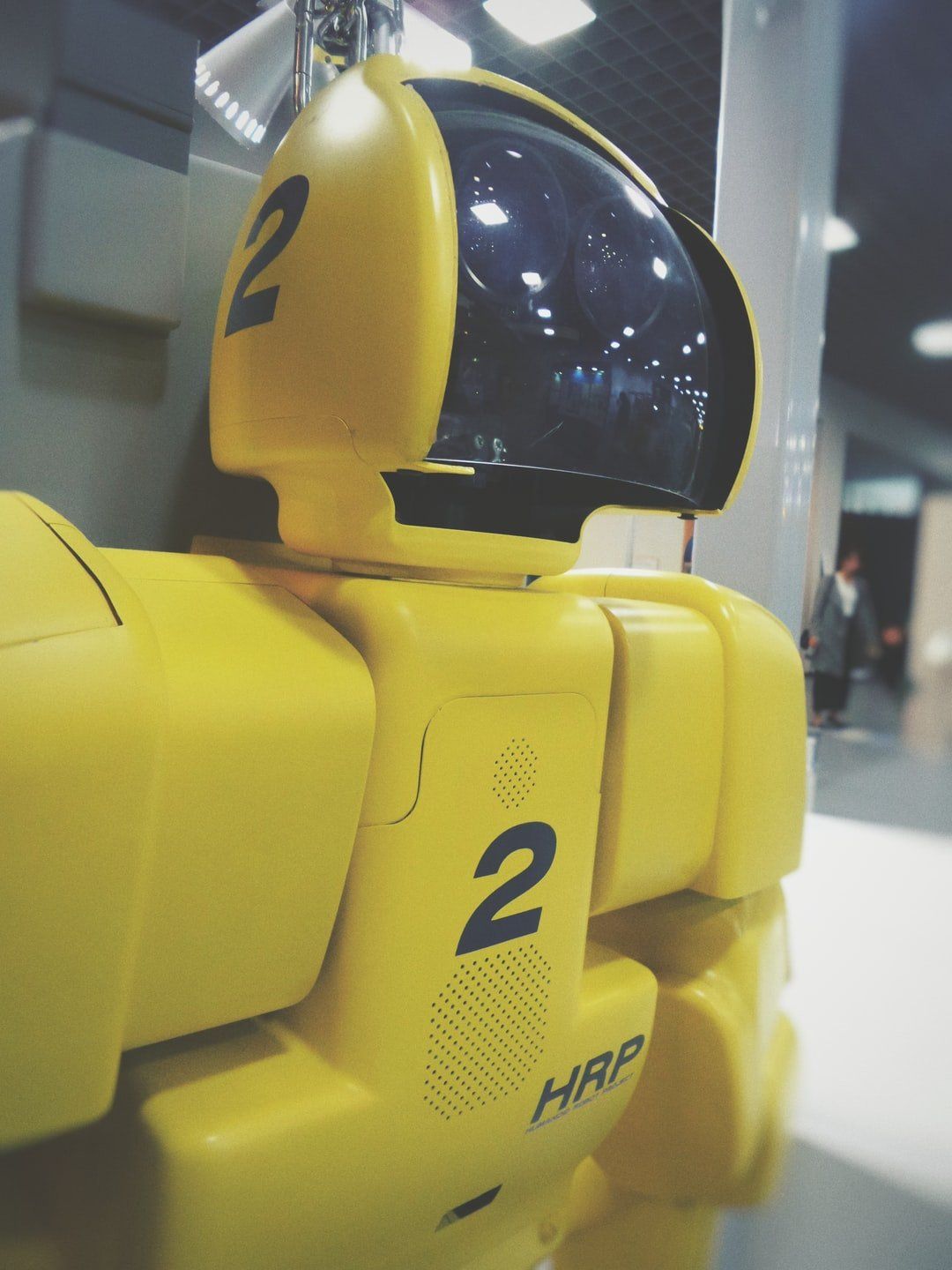 AI arguably dates to the 1950s when Alan Turning invented the Turing Test. This was essentially a machine that could think for itself. Fast forward 70 years and if sci-fi thrillers made throughout the years are anything to go by, the world is overrun by robots and human beings are now servants to the machined man.
AI arguably dates to the 1950s when Alan Turning invented the Turing Test. This was essentially a machine that could think for itself. Fast forward 70 years and if sci-fi thrillers made throughout the years are anything to go by, the world is overrun by robots and human beings are now servants to the machined man.
12. Are Smart Cities a Threat to Data Privacy?
 For smart cities to function, they must collect data. But is that good for citizens? Is true data privacy achievable for smart cities?
For smart cities to function, they must collect data. But is that good for citizens? Is true data privacy achievable for smart cities?
13. The Automotive Industry Continues to Widen its Connectivity
 The Future Is Now
The Future Is Now
14. AI-enabled Smart Cities: What to Get Right
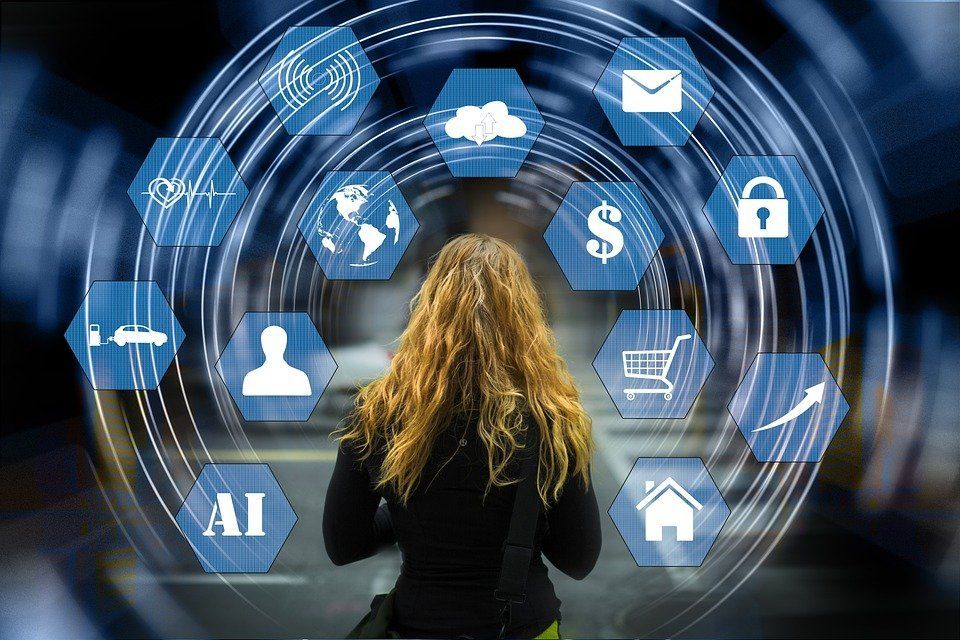 Data is the foundation of smart cities. However, to deliver the right solutions, planners must establish sustainable data and AI technology policies.
Data is the foundation of smart cities. However, to deliver the right solutions, planners must establish sustainable data and AI technology policies.
15. How Are Smart Cities Made 'Smart': Top 6 Enabling Technologies
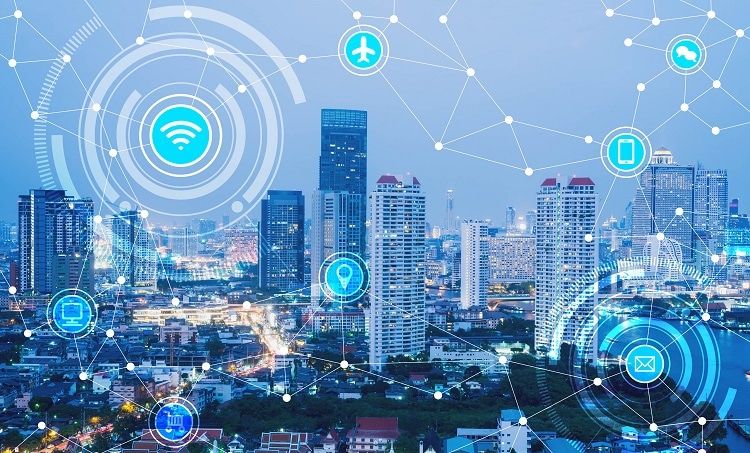 The ultimate goal of smart cities is to improve citizens’ quality of life, reduce the cost of living and attain a sustainable environment through technology.
The ultimate goal of smart cities is to improve citizens’ quality of life, reduce the cost of living and attain a sustainable environment through technology.
16. Eco-Big Data Applications in the City: Cleaning Up with IoT and ML
 Digitalization is possible not only in enterprises. Digital transformation is catching up even with cities to make them more convenient for residents and less harmful to the planet. How to quickly monitor garbage cans, the state of forest parks, cycling and air purity with the help of big data, machine learning and the Internet of things?
Digitalization is possible not only in enterprises. Digital transformation is catching up even with cities to make them more convenient for residents and less harmful to the planet. How to quickly monitor garbage cans, the state of forest parks, cycling and air purity with the help of big data, machine learning and the Internet of things?
17. The 23rd Century: Enter the Smart City
 While it is easy to visualize a smartphone, a smart TV, or even a smart car — the quintessential 23rd Century smart city might largely elicit confusion from the public.
While it is easy to visualize a smartphone, a smart TV, or even a smart car — the quintessential 23rd Century smart city might largely elicit confusion from the public.
18. How to Determine the Relative Smartness Level of a City
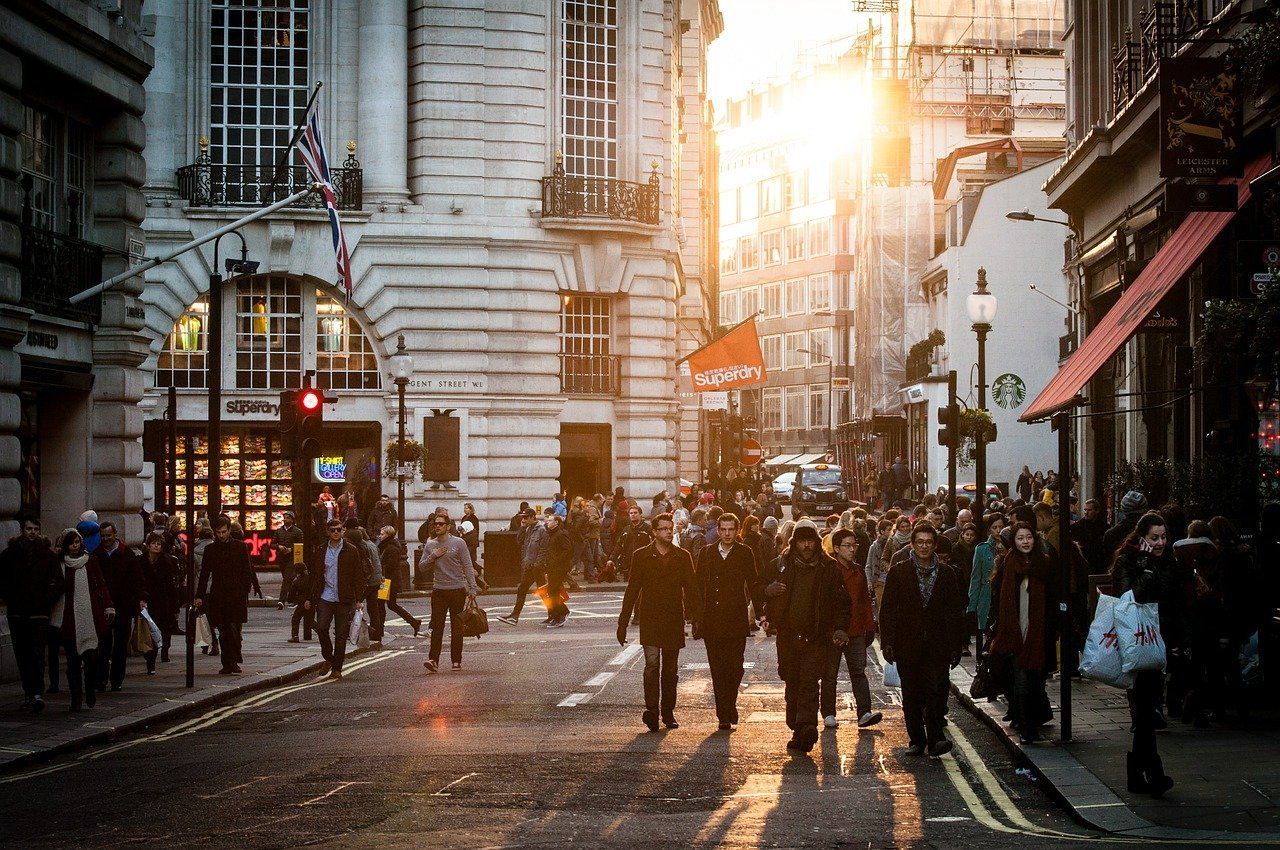 To determine the relative smartness level of a city, there are several indicators that have been defined to arrive as such a number. These indicators, among many others, are:
To determine the relative smartness level of a city, there are several indicators that have been defined to arrive as such a number. These indicators, among many others, are:
19. Is "Society 5.0" Supplementing AI as Technology's Latest and Greatest Snake Oil?
 Photo Credit, Jeremy Weate
Photo Credit, Jeremy Weate
20. How Local Governments are Future-Proofing their Urban Centres with Blockchain Technology
 Nearly two thirds of the global population are city-dwellers. Urbanization, whilst generally associated with increased standards of living, better job opportunities, and access to critical services like healthcare, is intertwined with rapid industrialization, which puts tremendous pressure on environmental resources.
Nearly two thirds of the global population are city-dwellers. Urbanization, whilst generally associated with increased standards of living, better job opportunities, and access to critical services like healthcare, is intertwined with rapid industrialization, which puts tremendous pressure on environmental resources.
21. How IoT Technology Helps Cities to Focus on People
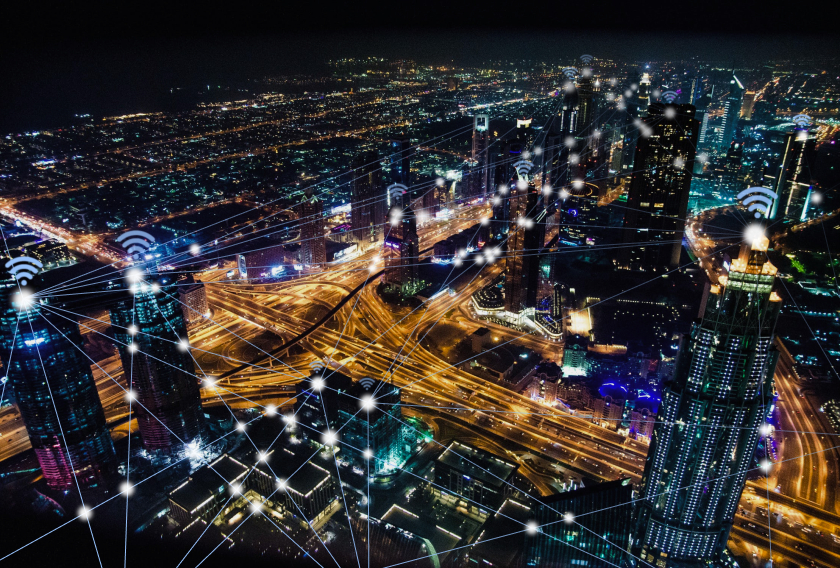 As cities are concentrating the largest part of the world’s population, they face challenges that have never existed before. Evolution of smart cities from basic infrastructure elements to a comfortable urban ecosystem supports citizens throughout their lives and raises new concerns.
As cities are concentrating the largest part of the world’s population, they face challenges that have never existed before. Evolution of smart cities from basic infrastructure elements to a comfortable urban ecosystem supports citizens throughout their lives and raises new concerns.
22. Is AI the Best Solution for Crowd Management?
 We increasingly use technology for a broad variety of purposes. One new purpose has been to manage crowds in crowded events to streamline the experience.
We increasingly use technology for a broad variety of purposes. One new purpose has been to manage crowds in crowded events to streamline the experience.
23. The Birth of a New Niche — Smart Cities
 By 2050, 66% of the world’s inhabitants will live in cities. Rapid urbanization entails global challenges, such as air pollution, power shortages, clean drinking water, and overpopulation. The demand from cities for technological solutions to these problems now makes up a global market of $1.5 trillion in value.
By 2050, 66% of the world’s inhabitants will live in cities. Rapid urbanization entails global challenges, such as air pollution, power shortages, clean drinking water, and overpopulation. The demand from cities for technological solutions to these problems now makes up a global market of $1.5 trillion in value.
24. Understanding Usage Control in Smart Cities: Smart Health Use Case
 Usage control provides fine grained access to data and resources through restricting access to smart health resources.
Usage control provides fine grained access to data and resources through restricting access to smart health resources.
25. Life in Smart Cities: Your Walk in the Park isn't Private Anymore
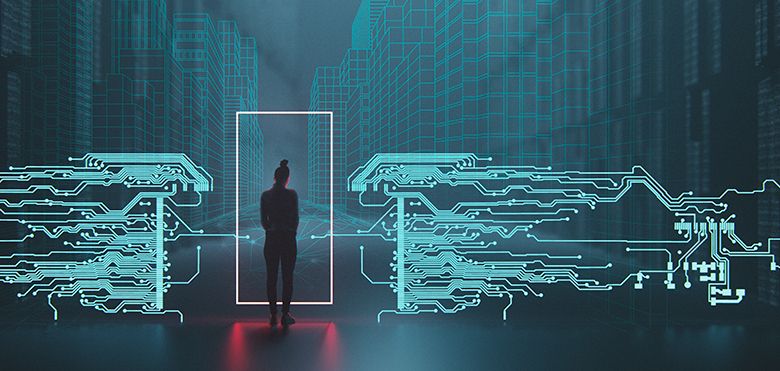 Access control ensures authorized access to the city's municipalities, which is critical for ensuring the security of smart cities.
Access control ensures authorized access to the city's municipalities, which is critical for ensuring the security of smart cities.
26. How Swarm Intelligence-Powered Vehicles and Smart Cities can Help Streamline Traffic
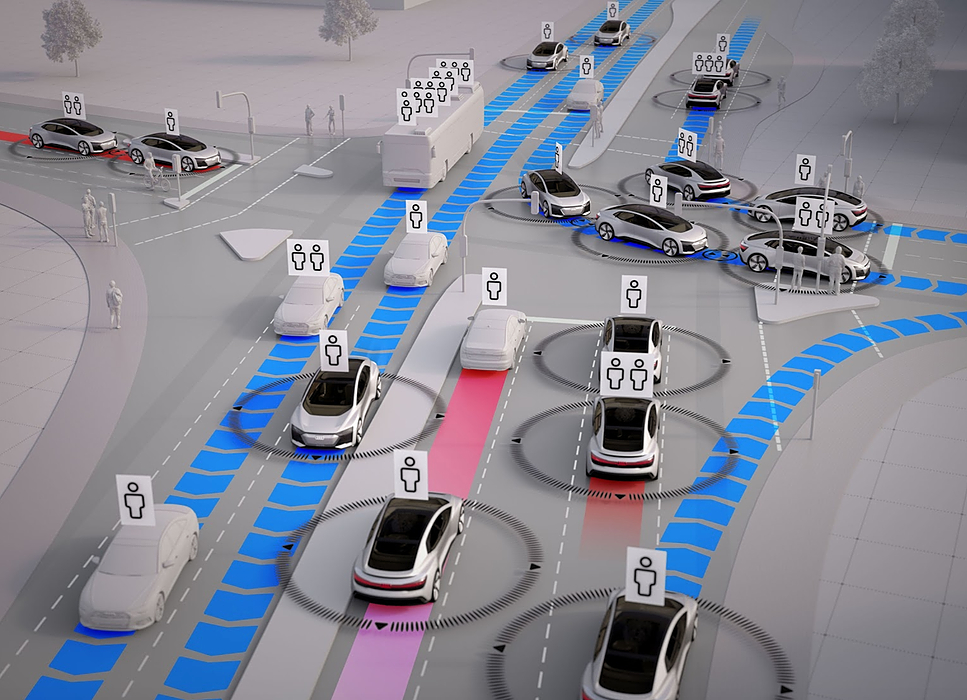 Given the advent of autonomous cars and their growing penetration in the transportation market, it is empirical that companies consider using Swarm Intelligence to tackle traffic and make the daily commute a lot more pleasant for billions around the world.
Given the advent of autonomous cars and their growing penetration in the transportation market, it is empirical that companies consider using Swarm Intelligence to tackle traffic and make the daily commute a lot more pleasant for billions around the world.
27. Building Robots for Smarter Cities: How the Manufacturing Process is Everything
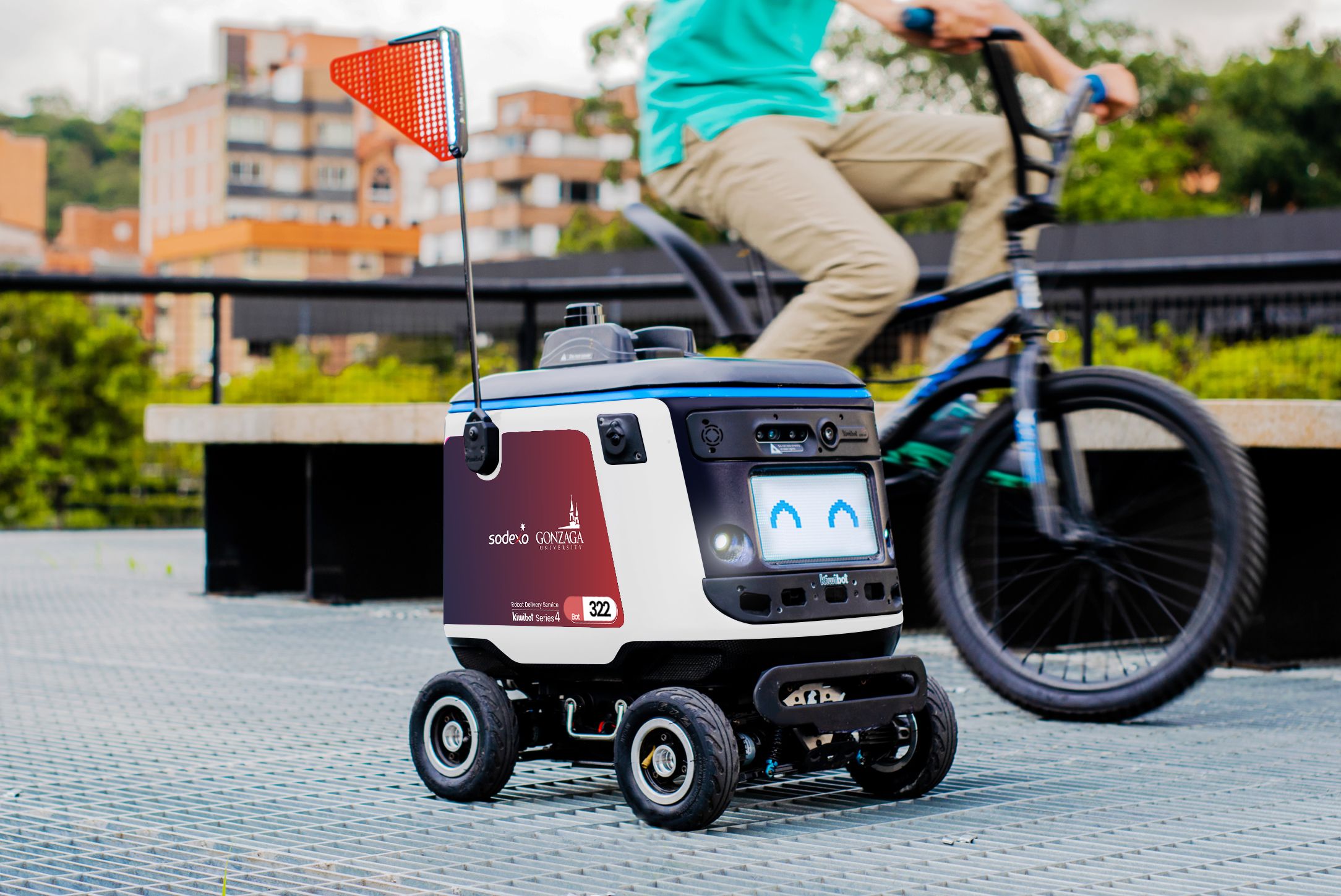 Hardware is seeing a resurgence and exponential innovation similar to the software boom a decade ago. And as a robotic delivery company founded in 2017, we have been navigating the manufacturing world and hardware revolution, picking up product design and smart tips along the way.
Hardware is seeing a resurgence and exponential innovation similar to the software boom a decade ago. And as a robotic delivery company founded in 2017, we have been navigating the manufacturing world and hardware revolution, picking up product design and smart tips along the way.
[28. Edge Computing Is So Fun -
Part 2: The Future Begins with The Road Side Unit](https://hackernoon.com/edge-computing-is-so-fun-part-2-the-future-begins-with-the-road-side-unit-4ls3wrp)
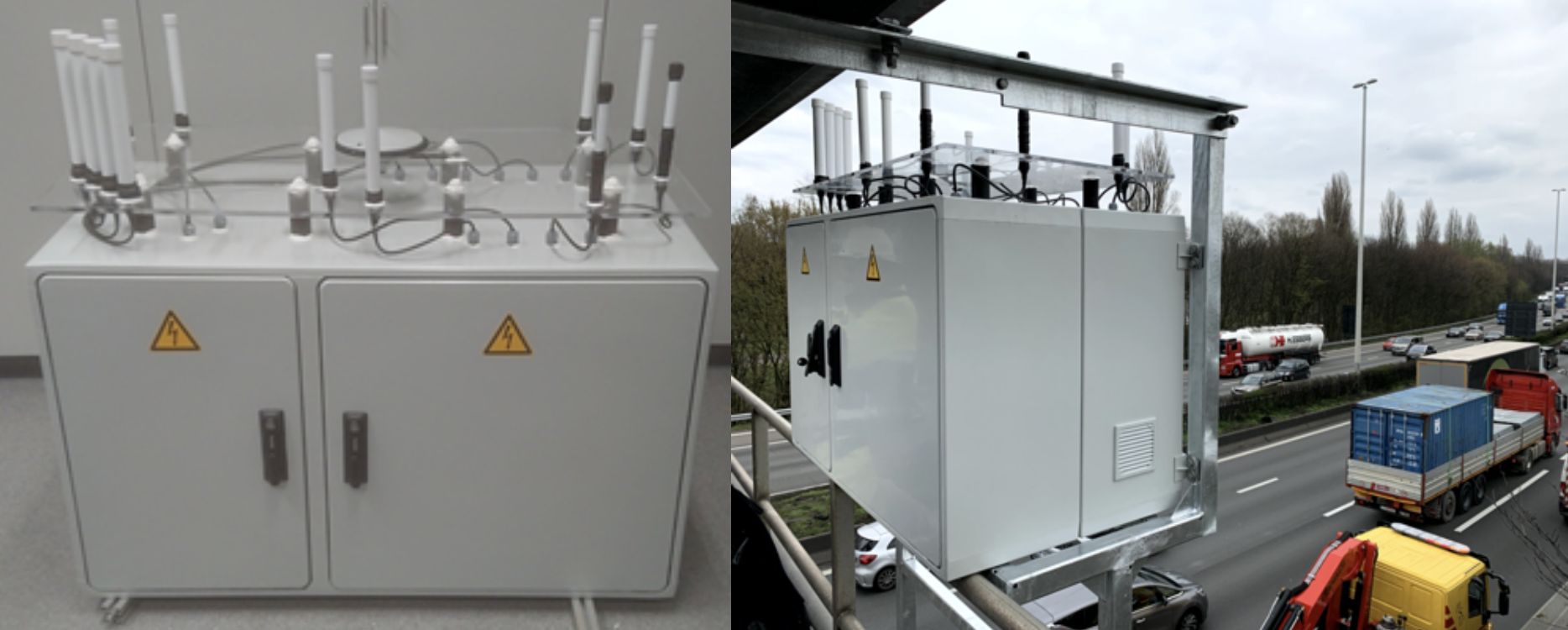 This is the second in a series of articles on edge computing, delving into the infrastructure of outdoor edge computing, the emergence of the Roadside Unit as a common building block, a real-life example of the Roadside Unit, and the way forward.
This is the second in a series of articles on edge computing, delving into the infrastructure of outdoor edge computing, the emergence of the Roadside Unit as a common building block, a real-life example of the Roadside Unit, and the way forward.
29. Digital Dystopia as a Panopticon Model of Society
 Much has been written about the mechanisms of social control that have appeared in China since 2010. And especially many publications are devoted to the emerging system of social credit, which will allow monitoring and regulate the behavior of citizens, which later transforms into a system of social rating.
Much has been written about the mechanisms of social control that have appeared in China since 2010. And especially many publications are devoted to the emerging system of social credit, which will allow monitoring and regulate the behavior of citizens, which later transforms into a system of social rating.
30. Understanding Data Usage Control in a Smart City
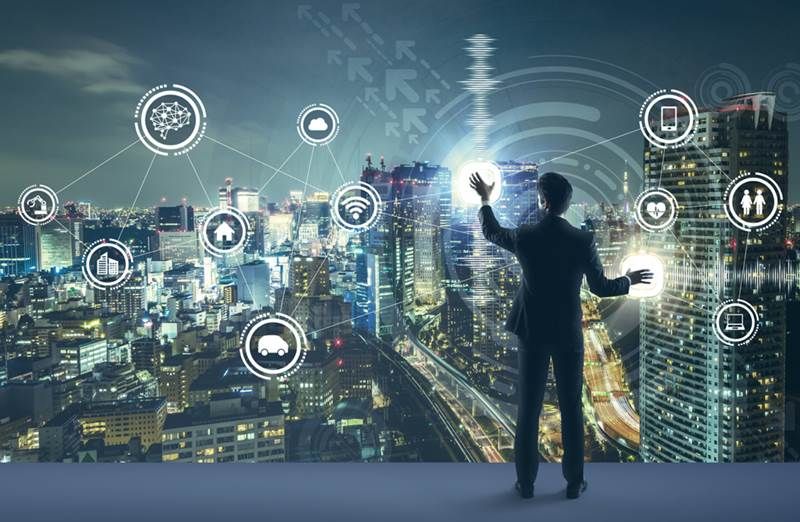 Learn how data usage can be controlled in smart cities?
Learn how data usage can be controlled in smart cities?
31. Art + Science + Scripture = Bible Math
 This science/scripture/art article known as Bible Math came about in a most-riveting, creative, and spiritual way. For over two decades, I have been leading weekly Bible Discussion Groups and studying the Bible with people on an individual mentoring level. In the course of these spiritual adventures, as part of the City of Angels International Christian Church, I am typically delighted to share the gospel with all who are willing to listen and put the word of God into practice. Such delight is especially true of the following mathematics-focused Bible study.
This science/scripture/art article known as Bible Math came about in a most-riveting, creative, and spiritual way. For over two decades, I have been leading weekly Bible Discussion Groups and studying the Bible with people on an individual mentoring level. In the course of these spiritual adventures, as part of the City of Angels International Christian Church, I am typically delighted to share the gospel with all who are willing to listen and put the word of God into practice. Such delight is especially true of the following mathematics-focused Bible study.
[32. Edge Computing Is So Fun
- Part 3: Help Save The Planet With Smart Cities](https://hackernoon.com/edge-computing-is-so-fun-part-3-help-save-the-planet-with-smart-cities-n5143e85)
 Figure 1. Singapore was ranked №1 on the Institute for Management Development’s 2020 Smart City Index Report. Credit: International Case Studies of Smart Cities
Figure 1. Singapore was ranked №1 on the Institute for Management Development’s 2020 Smart City Index Report. Credit: International Case Studies of Smart Cities
33. Why SigFox is Not a Good Option for Connected Street-Lighting
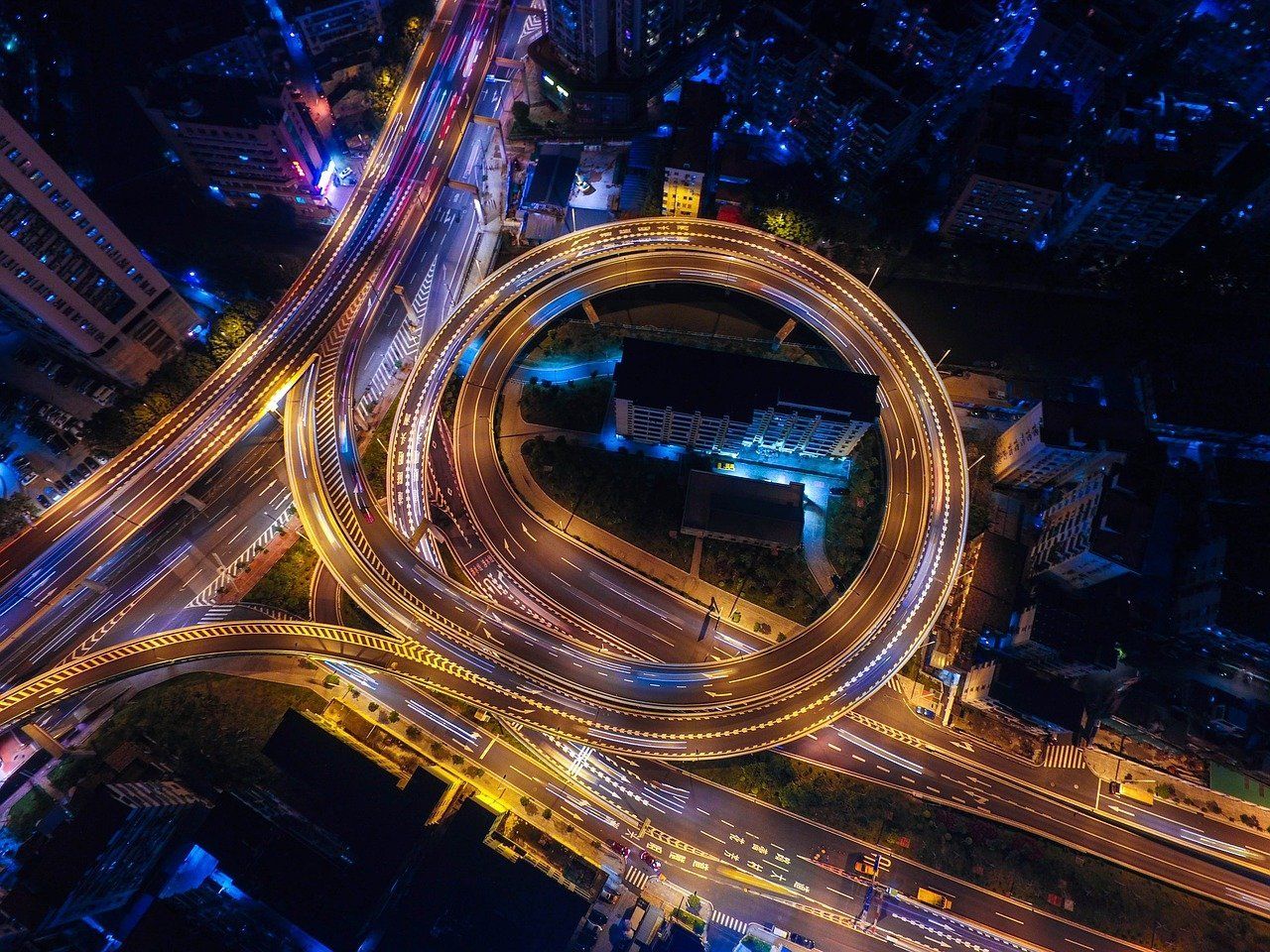 SigFox has notable data size limitations; while it can be good for several IoT applications, it limits the smart street lighting E2E capabilities.
SigFox has notable data size limitations; while it can be good for several IoT applications, it limits the smart street lighting E2E capabilities.
Thank you for checking out the 33 most read stories about Smart Cities on HackerNoon.
Visit the /Learn Repo to find the most read stories about any technology.

